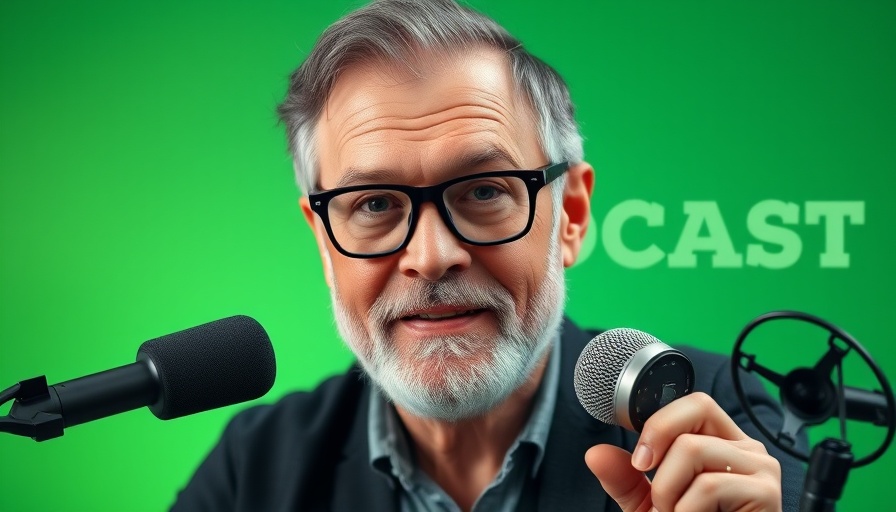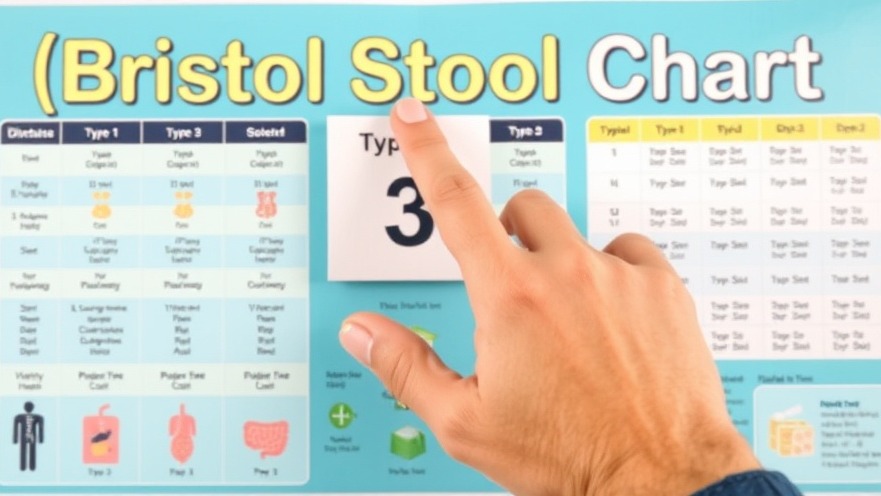
Understanding the Hidden Health Crisis
In a revealing conversation, renowned naturopathic physician Dr. Joseph Pizzorno recently joined PragerU CEO Marissa Streit to discuss what he identifies as a significant yet often overlooked health crisis: the toxic overload that is quietly affecting the American populace daily. This phenomenon stems from the proliferation of government-approved chemicals found in everyday items such as food, water, and household products, ultimately contributing to rising chronic diseases. The dialogue has sparked interest across various health and wellness forums as individuals seek to understand the implications of these environmental factors on their overall health.
The Impact of Toxins on Public Health
During the interview, Dr. Pizzorno emphasized that chronic diseases, which now affect more than 60% of American adults, are largely exacerbated by our exposure to harmful toxins. These chemicals don’t just appear in obvious sources. They lurk in non-organic produce, household cleaners, and even drinking water. With this growing concern, it's important to question what is regularly consumed and applied in our lives, sparking trends towards organic products and natural alternatives.
How Big Pharma Fits into the Picture
Dr. Pizzorno argued that the pharmaceutical industry often focuses on symptom management rather than addressing root causes of illness. This philosophy contributes to a cycle whereby individuals treat the symptoms of toxic overload with medication rather than making systemic changes to reduce exposure and enhance their health. The need for a paradigm shift toward embracing lifestyle medicine, which emphasizes prevention and natural treatments, is becoming increasingly apparent.
Possibilities for Improvement
During their discussion, both Dr. Pizzorno and Streit acknowledged that improving public health requires a multi-faceted approach. Personal health choices, regulatory reforms, and a cultural shift back to natural living are essential to combat the pervasive effects of toxic overload. Simple steps can include choosing organic foods, reducing plastic use, and utilizing natural cleaning products to minimize exposure to harmful chemicals. These changes, combined with public education on health and wellness, have the potential to yield significant benefits for community health.
Community Health and Wellness: A Call to Action
Pizzorno's insights resonate strongly within the broader context of health and wellness, particularly in places like San Antonio, where community health initiatives are critical. Locals can engage with health and wellness events, learn about alternative medicine, and explore natural remedies at local wellness centers. The emphasis on nurturing one's health naturally aligns with a growing movement towards sustainable living practices, highlighting the importance of taking proactive steps toward better health.
Encouragement for Personal Accountability
The dialogue exemplified by Dr. Pizzorno is a reminder of the power of personal accountability in health. Readers are encouraged to actively participate in their well-being by researching and choosing healthier lifestyles. This proactive approach not only benefits individual health but can foster community-wide wellness and resilience against chronic diseases. Moreover, as more individuals embrace naturopathic principles, they can collectively influence the health standards and regulations that shape our environments.
Final Thoughts on Health Choices and Accountability
In closing, it’s clear that understanding the sources and impacts of toxic overload in our lives is crucial for enhancing health and wellness in America. If you want to learn more about this enlightening discussion and discover actionable insights to improve your health, consider watching the full interview with Dr. Joseph Pizzorno on YouTube. Embrace the journey towards a healthier life and redefine your relationship with health choices for optimal living.
 Add Element
Add Element  Add Row
Add Row 



Write A Comment